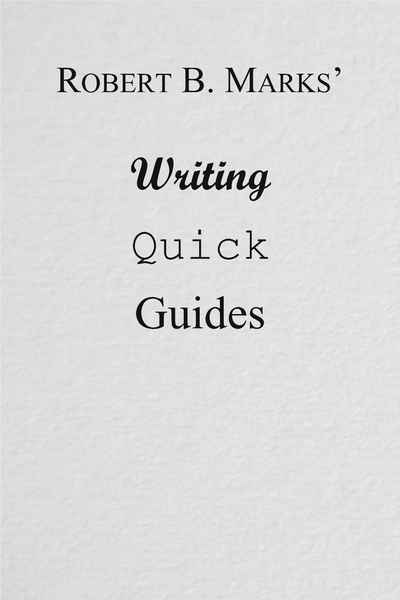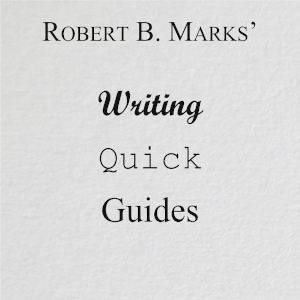I've talked about developing good characters, as well as how to explore social issues. Connecting to both of these is diversity - characters of different backgrounds, races, sexualities, religions, etc. Diversity is, as a rule, good - it provides readers (and the author) with a different perspective on the world. The problem arises with tokenism - the addition of a character of a visible or invisible minority who is there just to check a box on a list and who clearly would not have been that colour/religion/gender/sex/sexuality if that list had not existed (something I like to call "checklist storytelling").
So, how do you avoid tokenism?
A few years ago, I came up with a two part test for a token character:
-
Should the character's race/sex/religion/sexuality/etc. matter in the context of the story?
-
Does the character's race/sex/religion/sexuality/etc. matter in the context of the story?
If the answer to both are the same, then the character falls under proper diversity. If the answer to one is different than the other, then it is a token character - the author has tried to insert this character into the story without properly integrating them into it.
But that's a test for how to figure out if a token character is present. It doesn't provide much guidance on how to avoid the problem. So, here are some guidelines to implementing diverse characters while avoiding the token character trap:
-
The principles of good character development ALWAYS apply. Your character should have a goal, use their agency to pursue this goal, face a force of antagonism that is at least equal to or greater than themselves, etc. Race, sexuality, etc. is NOT a character, and should never be treated as one.
-
The principles of good storytelling ALSO always apply. You still have to show more than tell, and having your diverse character go into a detailed lecture about how their culture does a thing will generally bore your reader to tears.
-
Do your research on the group in question. This can be tricky, as any given marginalized group often has a number of people who are not part of that group and feel entitled to speak for or about them...frequently getting it wrong. Ideally, you want to get as close to the source as possible - if you are, for example, writing a character who is a member of the Jamaican immigrant community in the United States, see if you can find forums or sub-reddits where this community hangs out and get a sense of where their perspective is coming from (NOTE: I don't say "what their perspective is" because there is always going to be disagreement among members of a given community - what you need to look for is where they are coming from when they form their opinions). Never be afraid to reach out to the organizations that are authorized to represent that community and ask questions - they will generally try to be helpful (that said, also respect the privacy of the non-public members of that community).
-
Do your research on the culture or religion in question. This is not the same as the group identity - continuing to use our hypothetical Jamaican ex-pats as an example, a member of this group is very likely to have a different view of the world than somebody who never left Jamaica (for a real world example, a number of members of the black community in the United States have suffered significant culture shock upon visiting Africa). However, their original culture still influences them, often in subtle ways. To provide a personal example, I am a Russian Jew living in Canada, which is a Christian society - my perspective on things like forgiveness and suffering can be quite different than my wife's, who is a devout Roman Catholic (my wife, for example, sees suffering as ennobling, whereas I do not).
-
Consider how your character will interact with the setting and the other characters. This brings us back to the two part test: there are settings in which the other characters will care a great deal about somebody's sexuality/ethnicity/etc., and this will influence any character interactions. Likewise, there are settings where nobody will care about these things. This needs to be taken into account as you write your story.
Now, much of this comes down to research, but this does not mean that if you are going to, for example, have a Muslim character in your story, that you need to memorize the Koran and become an Islamic scholar. Most of the time, you do not need to develop a graduate student level of expertise on the subject of the minority group in question - as with any research for your book, much of this will be used to fill out details and gaps in the character development. It is important, however, to know that these gaps will exist and that you need to do this research. It is just as important, however, to keep this research in perspective - a culture or minority group is made up of its people, not the other way around...it may influence a character's personality, but it will not dictate it.
Ultimately, any person has a rich tapestry of influences on their lives, and any good character is no exception. Getting diversity right is about capturing and depicting this tapestry as your character pursues their goals over the course of your story.











Comments (0)
See all